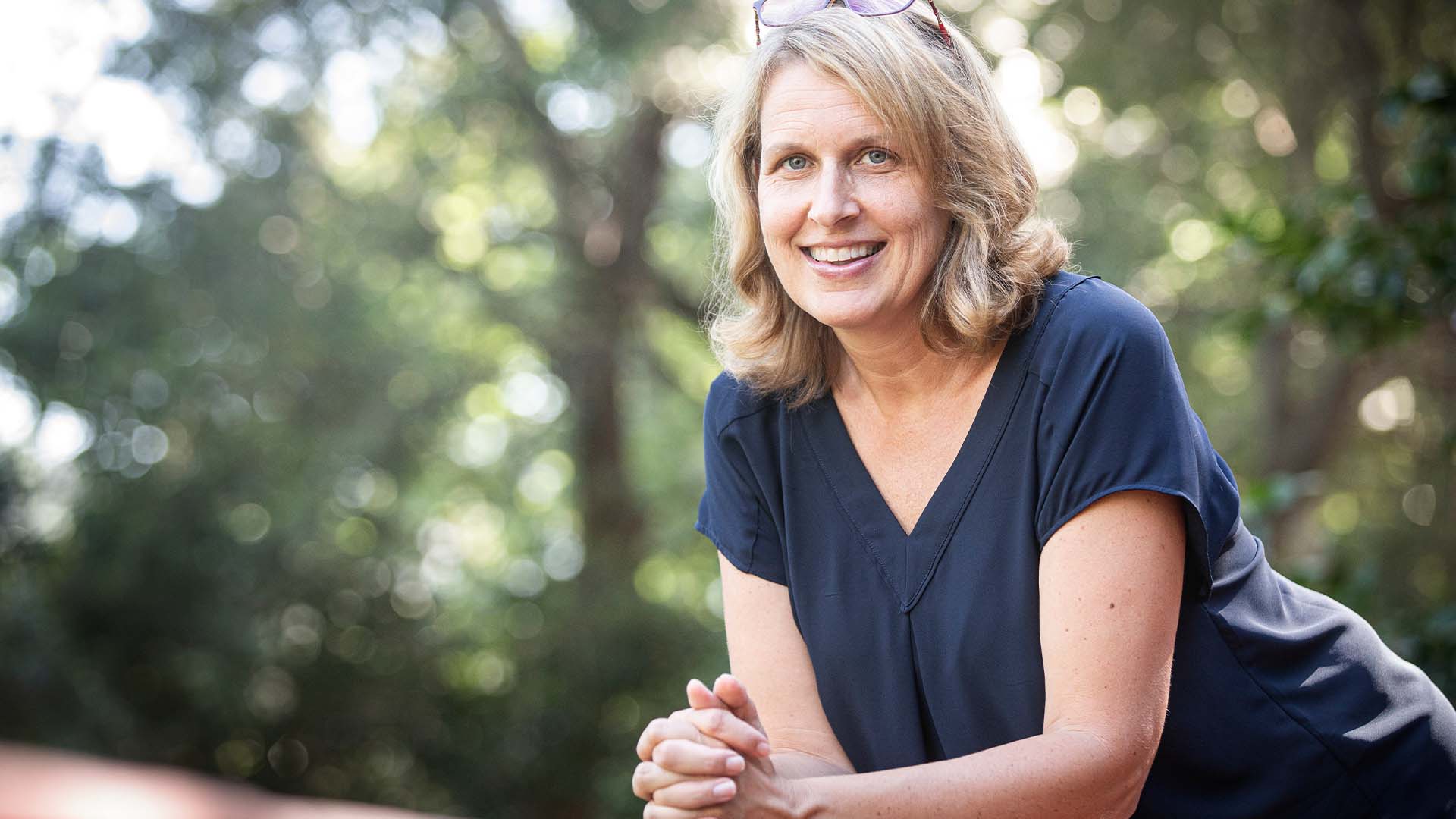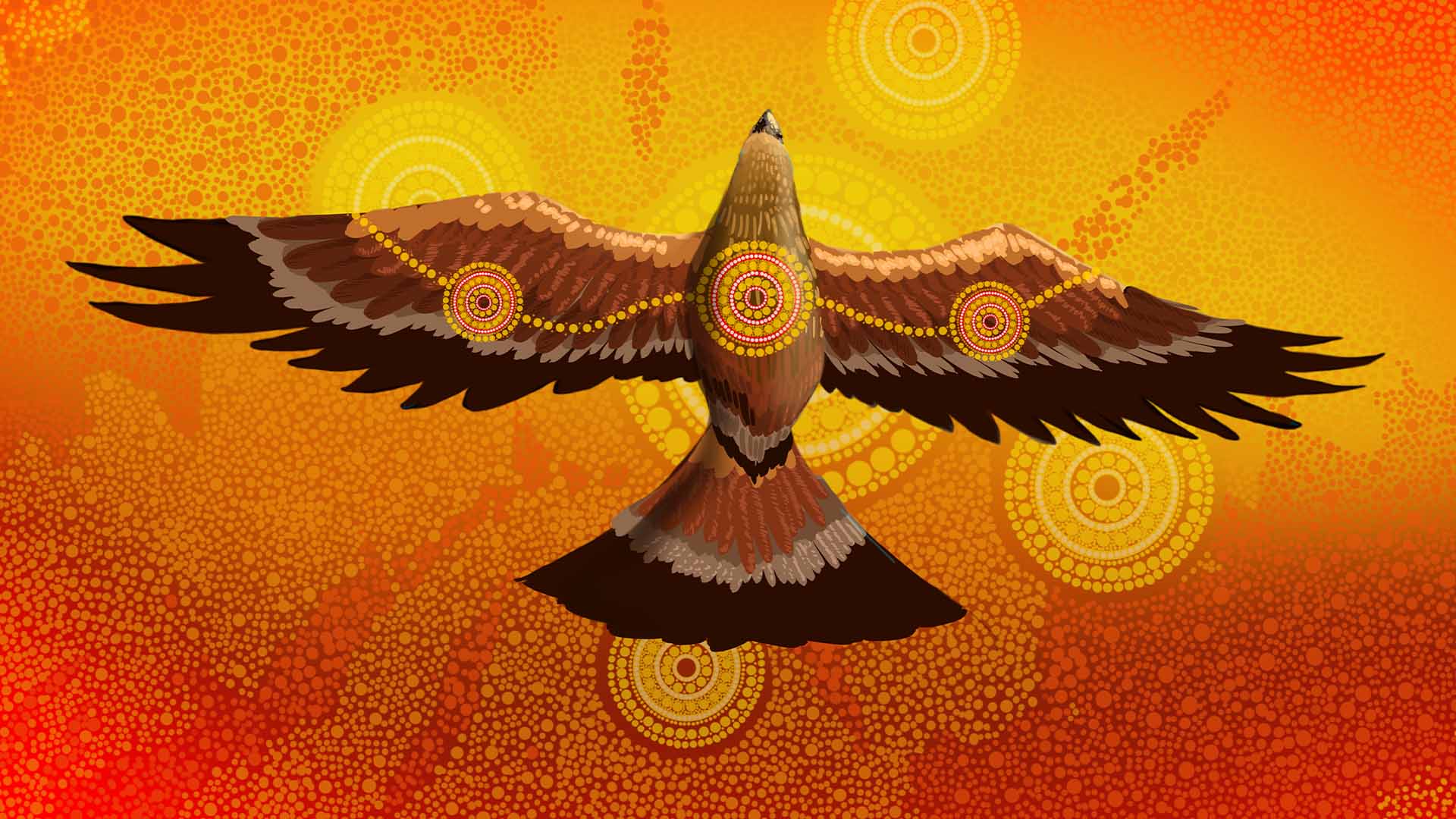June 7, 2022
Celebrating intentional and respectful Indigenous collaborations
UOW and Woolyungah Indigenous Centre lead a world-first Special Issue published by the International Journal of Work-Integrated Learning (IJWIL)
Higher education institutions are responsible for providing positive and safe learning experiences to all students and for helping them leave university confident and job-ready.
Yet supporting Indigenous graduates requires a deep reflection on several cultural questions. What are the cultural values that underpin decisions about the future workplace? When starting a new job, does the environment feel culturally relevant and safe? And what support mechanisms are in place to ensure a successful transition from higher education into the world of work?
To further investigate the best ways of supporting Indigenous students and communities, researchers from the University of Wollongong (UOW), in collaboration with academics worldwide, have just released a world-first Special Issue discussing Indigenous Work-Integrated Learning (WIL), published in the International Journal of Work-Integrated Learning (IJWIL).
Entitled Local Indigenous Perspectives and Partnerships: Enhancing Work-Integrated Learning, the publication comprises an editorial team led by Associate Professor Michelle J. Eady from UOW School of Education, joined by two UOW colleagues: Jaymee Beveridge from Woolyungah Indigenous Centre (WIC) and Dr Bonnie Dean from the Learning, Teaching and Curriculum (LTC) unit.
“In this Special Issue, we share our unique definition of Indigenous WIL and design guidelines for those who want to implement it. We want to support global educational institutions to become culturally aware providers of the practice”, Professor Eady said.
“WIL is a flourishing educational phenomenon that is changing higher education. It gives students an opportunity for meaningful, relevant and engaging learning experiences both inside and away from classroom environments.”

Professor Eady explained that the Special Issue has the potential to become the seminal work for Indigenous WIL and a foundational publication for Indigenous WIL researchers, practitioners, industry, community partners and, most importantly, students.
“The concept of Indigenous WIL is still quite understudied. We must consider our Indigenous students and their cultural priorities, practices and safety. As educators, we need to make sure that they feel confident, respected and heard during their studies. And when they graduate, they need to be holistically ready for the workplace,” Professor Eady said.
The Special Issue of IJWIL comprises thirteen articles and examples from around the world, offering diverse cultural and linguistic perspectives of Indigenous communities across Australia, New Zealand and Canada. For this occasion, UOW collaborated with Te Pua Wānanga ki te Ao – Faculty of Māori and Indigenous Studies at the University of Waikato, New Zealand and the Office of Indigenous Academic and Community Engagement at the University of Victoria, Canada.
According to the research (Keen & Eady, 2021; Eady and Keen, 2022), Indigenous students resoundingly prefer their work experiences and placements to take place in Aboriginal organisations, community corporations and on Country. They also need more direct instructions on how to find employment and feel most comfortable receiving them through culturally informed career counselling.
Professor Eady said that culturally relevant WIL is the best strategy for enriching student experiences while providing pathways to better partnerships and learning opportunities. These, in turn, will result in more positive employment outcomes.
WIL at the university may also include activities and programs for non-Indigenous students to be placed in Indigenous community-controlled agencies and organisations both in the private and public sectors. These practices contribute greatly to building community trust and cultural understanding.
Professor Theo Farrell, UOW Deputy Vice-Chancellor (Academic and Student Life), warmly welcomed this publication.
“WIL is growing in importance in higher education, with increasing emphasis worldwide on preparing graduates for the world of work. This special issue provides key insights into how universities can improve WIL opportunities and experiences for Indigenous students and better empower them for their futures,” Professor Farrell said.
An original artwork – a poster of a hawk – has been designed to celebrate the Special Issue of the International Journal of Work-Integrated Learning. Its author is Harry Pitt, an Indigenous Australian artist currently residing on the Yuin nation. He’s a proud Torres Strait Islander and Fijian man from Darnley Island on the Torres Straits.
Harry has completed a Bachelor of Creative Arts, majoring in Visual Arts and Design at the University of Wollongong. He is a member of the Woolyungah Indigenous Centre community.
Harry shares that the hawk is a representation of ‘connectedness’. “The Hawk is the proudest and self-ruled animal of the sky. With its eyes looming over all those that move below, it is the master of its own rule. But like all living things, the Hawk recognises they live in a sophisticated and interconnected relationship with all the elements of Country, including the sky, the land and the waters,” the artist said.
ABOUT THE RESEARCH
‘Indigenous perspectives and partnerships: Enhancing work-integrated learning’ by Guest Editors Eady M. J., Hancock R. L. A., Morrison S., Beveridge J. D., Dean B. A. is published in International Journal of Work-Integrated Learning (IJWIL), 2022, Volume 23, Issue 2 (Special Issue).
Link to the publication and the articles: https://www.ijwil.org
